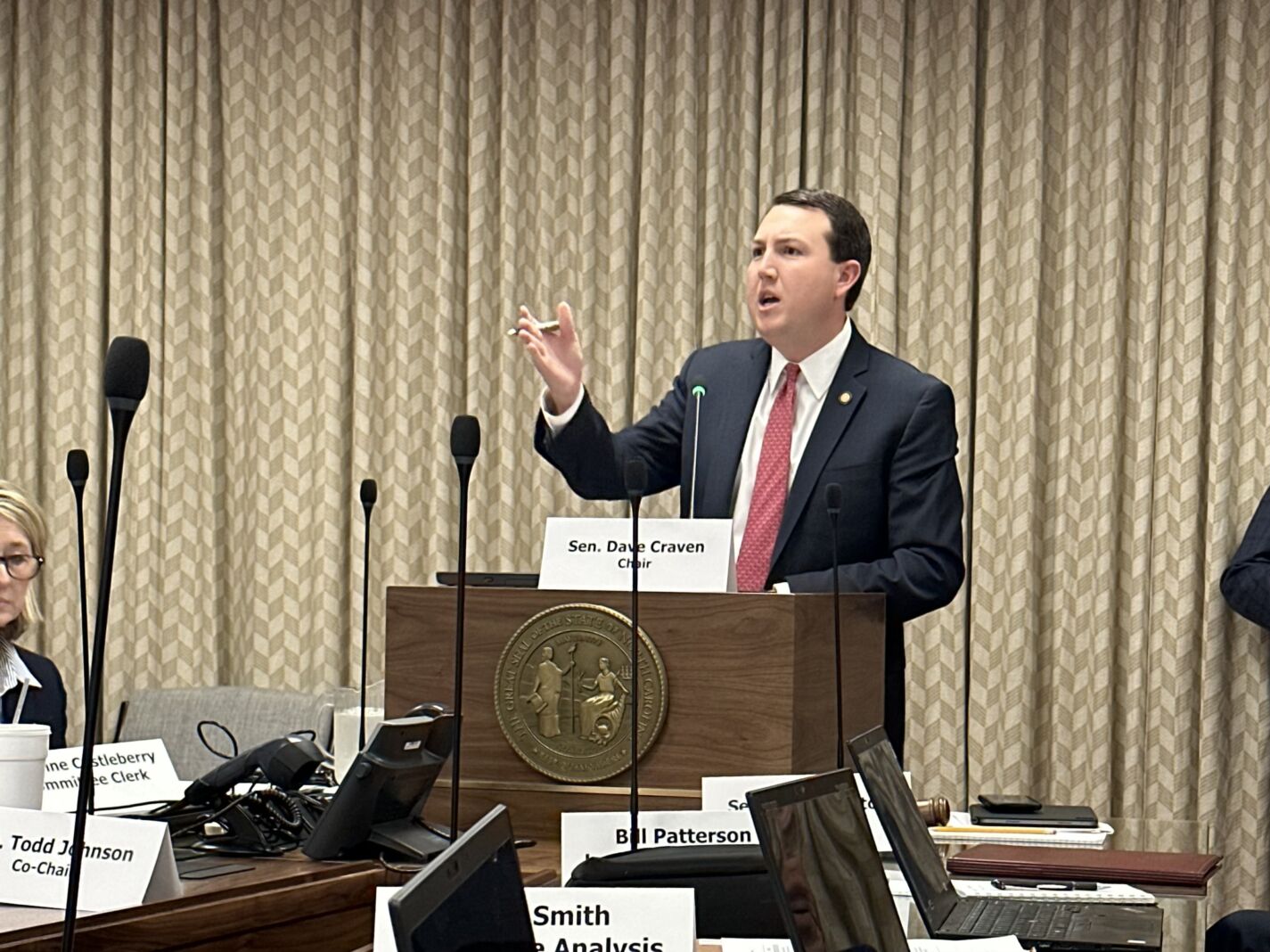On Tuesday, the North Carolina Senate passed House Bill 750 (H.B. 750), a bill that prohibits the use of environmental, social, and governance (ESG) criteria from being a factor in state investment decisions, by a vote of 29-18.
The bill also bans economically targeted investments (ETI) requirements in state employment decisions.
All Senate Democrats present voted against the bill, while all Senate Republicans voted in favor.
When H.B. 750 passed the House, five Democrats voted in favor: Reps. Cecil Brockman, D-Guilford, Frances Jackson, D-Cumberland, Ray Jeffers, D-Durham, Shelly Willingham, D-Edgecombe, and Michael Wray, D-Northampton.
“No state employee or business should be disqualified from a promotion or contract because they aren’t committed to ESG and all the politics that come with it,” Sen. Dave Craven, R-Randolph, said. “This bill will prevent the state from making ESG-driven business decisions, and instead have the focus be on merit and maximizing returns.”
Craven has an investment background and holds the title “Vice President of Business Development” at Fidelity Bank.

N.C. Treasurer Dale Folwell credited Craven as instrumental in getting H.B. 750 passed, calling Craven “absolutely key.”
“All this bill does is ensure that there is no discrimination out there against anything within our employee pension funds,” Craven said in a committee hearing.
The House bill sponsors are Reps. Destin Hall, R-Caldwell, Jason Saine, R-Lincoln, Celeste Cairns, R-Carteret, and Neal Jackson, Randolph.
Proponents of the bill argue that it is necessary to safeguard the financial interests of the state and its beneficiaries. Rep. Cairns, R-Carteret, emphasized the importance of prioritizing the maximization and security of state assets.
“This should not be a political issue,” Cairns said. “The security of our retirees’ futures should not be at the mercy of political winds.”
Opponents, on the other hand, express concerns about the potential limitations on considering non-financial factors in investment and employment decisions. Sen. Natasha Marcus, D-Mecklenburg, raised the issues of climate change and social justice.
However, supporters of the bill argue that it does not prohibit the consideration of ESG factors if they align with the goal of achieving the highest rate of return.
“Under no circumstances should a state treasurer invest pension funds to ‘make the world better,'” John Hood, president of the John William Pope Foundation said. “It’s not the treasurer’s money. It’s essentially a form of stealing from public employees, who have a right to receive maximum returns with which they can do whatever they like.”
North Carolina joins a growing number of states that have enacted laws or adopted regulations to restrict the use of ESG criteria in state investments.
The debate surrounding ESG investing has also gained attention at the national level.
In March, Florida Governor Ron DeSantis announced an alliance with 18 other Republican governors to “protect individuals from the ESG movement that threatens the vitality of the American economy and Americans’ economic freedom.”
The Biden administration recently requested the dismissal of a lawsuit challenging a Department of Labor rule that allows retirement plans to consider ESG factors when selecting investments.
H.B. 750 will one more vote in the Senate before being sent to Governor Roy Cooper’s desk. Given its support has fallen mostly along partisan lines, Cooper is expected to veto the bill.
However, H.B. 750 passed with enough support in both House and Senate chambers to override Cooper’s veto.